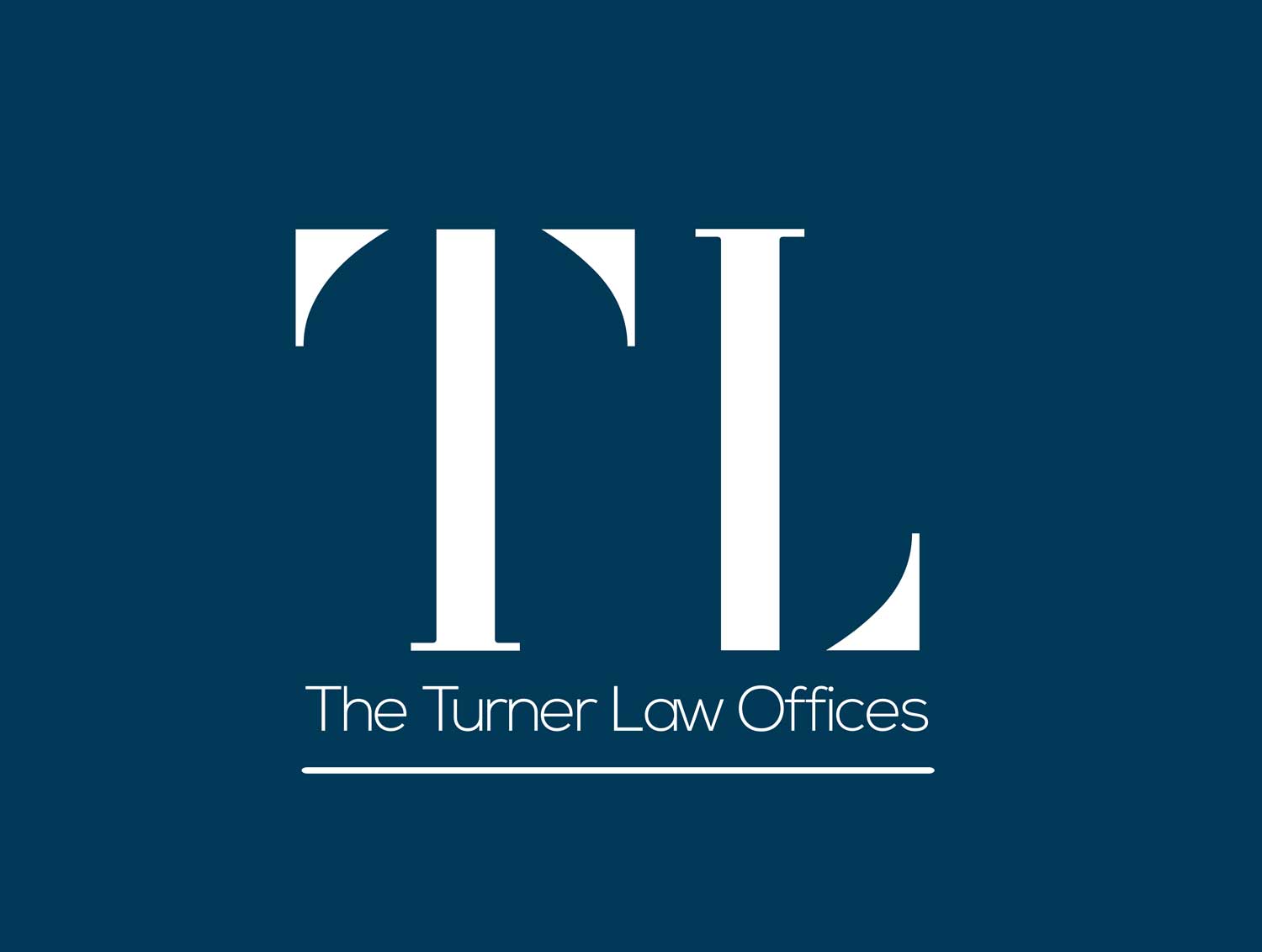Administration is the process the legal decisionmaker appointed under an estate planning document (trustee/agent for finance/executor) follows to manage the assets that document controls.
For example, Jane Doe created the Jane Doe Revocable Living Trust and appointed her sister Sally Doe her first successor trustee. Several months later Jane had a stroke that left her in a coma. Because Jane could no longer manage her responsibilities as trustee of the Jane Doe Revocable Living Trust and Sally agreed to assume the role of trustee. Sally’s first job (as trustee) is to read the trust carefully (probably with the help of her attorney) so she understands 1) what the trust says about how the assets the trust owns are supposed to be managed, invested, and maintained, 2) what the trust says about who the current beneficiary is (in this case Jane is the person who benefits from trust assets), and 3) what kinds of distributions she can make for Jane’s benefit.
Once Sally understands what the trust says, she must:
- Marshall assets: Sally needs to figure out what the trust owns and make sure she is the person listed as acting trustee on all trust accounts.
- Understand the Beneficiary’s Needs: Sally must regularly check in with Jane’s health care agent, and other family or friends who are helping support Jane to understand what Jane’s needs are and the best way to meet them.
- Make sure Jane’s bills and taxes are paid.
- Making sure she is making distributions to Jane or her health care agent to pay to meet her needs.
To do this well, Sally must keep financial records like account ledgers so that she can accurately track and report everything coming in and out of the trust estate. Sally must also keep time records. Finally, Sally must provide Jane (or others listed in the trust) with an accounting of her trust management activities on a periodic basis (often quarterly or annually).
An estate also requires administration when its owner dies. If we continue with our example of Jane Doe, at Jane’s death, Sally, in her role as successor trustee of the Jane Doe Revocable Trust, would be responsible for
- Marshalling Assets: If Sally was not already acting as Jane’s trustee at the time of Jane’s death (i.e., if Jane was healthy and able to manage her own affairs up until her death), then at Jane’s death, Sally’s first duty would be to figure out what assets the trust owned and then inform the financial institutions managing those assets that she was the duly acting trustee because Jane had died. The financial institutions would then change title to accounts/property to reflect this change. Title would change from “Jane Doe, trustee of the Jane Doe Revocable Trust” to “Sally Doe, trustees of the Jane Doe Revocable Trust.
- Paying debts and taxes: Once Sally was in control of trust assets, she must determine whether Jane had any debts and/or taxes that needed to be paid.
- Making Distributions: After Sally has paid Jane’s final debts and taxes, her final responsibility would be to make distributions to the remainder beneficiaries as directed by the trust.
As trustee, Sally must keep financial records like account ledgers so that she can accurately track and report everything coming in and out of the trust estate. Sally must also keep time records. Finally, Sally must provide the trust’s remainder beneficiaries with a final accounting of her trust management activities.
Key Trustee Duties.
Serving as a trustee can be a demanding and stressful job. Your trustee will be expected to
- Understand their responsibilities
- Be knowledgeable about the relevant income and transfer (gift & estate) tax laws
- Oversee distributions from the trust
- Invest the assets in a prudent fashion
- Perform record keeping and other administrative functions
- File tax returns annually
It is important that the trustee fully understand their role and develop a plan to ensure all the capabilities are in place to fulfill his/her duties. This sometimes means hiring lawyers, accountants, and financial managers when the trustee lacks the specialist knowledge necessary to meet his/her responsibilities under the law.
Understanding the Responsibilities.
Trustees must have a working understanding of common and statutory laws related to trust administration and must also clearly understand the fiduciary duties they owe to the beneficiaries. If a trustee lacks this understanding, they must hire a lawyer to advise them and bring them quickly up to speed. A trustee can be held personally liable for breaches of duty. The fiduciary duties placed upon all trustees stem from the concept that a trustee is an entity established to hold property in which the legal and beneficial interests in that property have been separated. The legal ownership of the trust assets is held by the trustee on behalf of the trust and the beneficial ownership is held by the trust beneficiaries. When acting as trustee, individuals are responsible for the stewardship of assets that are not his/her own, and their duties (set forth in the trust instrument and under common and statutory law) extend not only to current beneficiaries, but also to future beneficiaries.
Among the most important of a trustee’s fiduciary duties is the expectation that the trustee truly understand the terms of the trust (which dictate specifically how assets should be managed and disbursed). A trustee must be familiar with all the terms of the trust document and any amendments made after the original document was drafted. The trustee must also correctly interpret the any distributions standards set forth in the trust, which must always be understood in the context of the settlor’s intent in establishing the trust.
